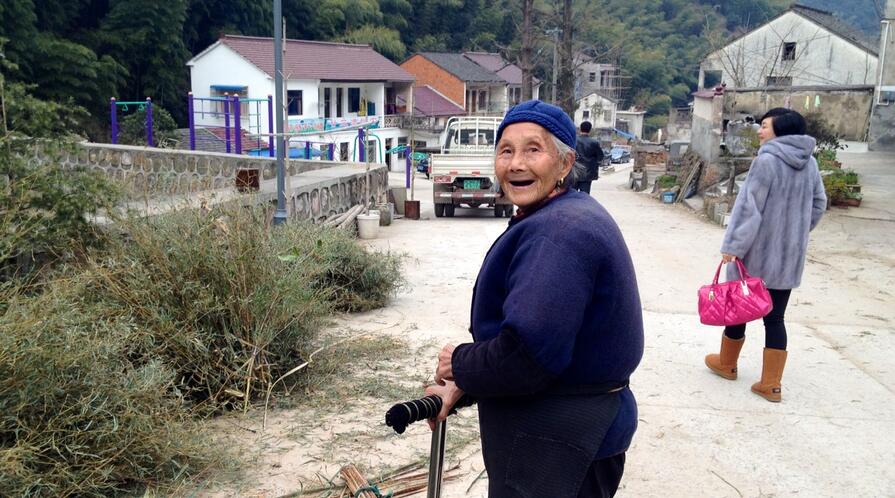Master's Students Tackle Policy Projects Around the Globe
For forty years, the Ford Dorsey Master's in International Policy program has offered students a unique approach to studying policy and the complex challenges of an ever more connected global community. No where does the combination of theory, practical application, and hands-on learning come together more clearly than the annual Policy Change Studio, the capstone experience of second-year MIP students.
The two-quarter course allows MIP students to put their classroom learning into practice by partnering with organizations actively working on global policy problems. Working in coordination with local organizations, students analyze specific policy problems, craft solutions, and develop implementation plans alongside stakeholders in communities around the world.
This year, our students criss-crossed the globe from England to Egypt, the Maldives to Switzerland, Japan and Vietnam, Kenya, Ghana, Fiji, and beyond to meet with their organizations and hone their policy plans. Keep reading to learn more.
Ghana
Arden Farr, Corinna Ha, and Munashe Mataranyika have been in Ghana working with the Centre for Democratic Development - Ghana (CDD - Ghana) on a project aimed at developing parity and addressing barriers to women's representation in local government.





Egypt and England
Luis Sanchez, Taimur Ahmad, Jasdeep Singh Hundal, and Shiro Wachira visited Cairo, Egypt and London, England to work with the European Bank for Reconstruction and Development (EBRD) to better understand the barriers small and medium-sized enterprises face in making contributions toward food security in Egypt. While in Cairo, the team attended various regional conferences and met with entrepreneurs, investors and experts working in the African innovation ecosystem.



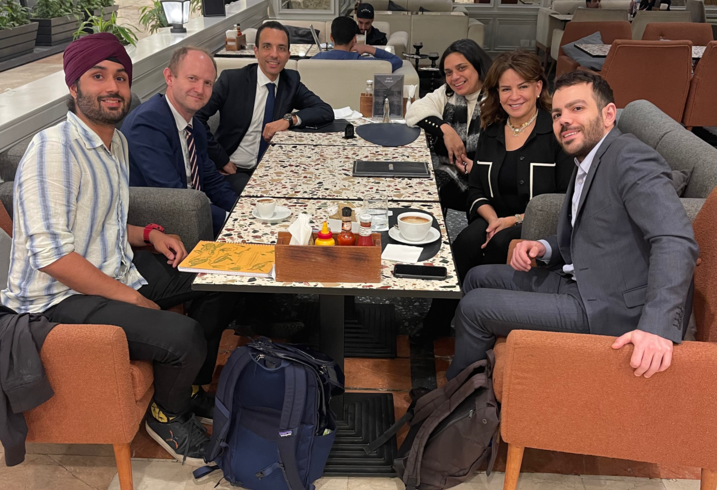
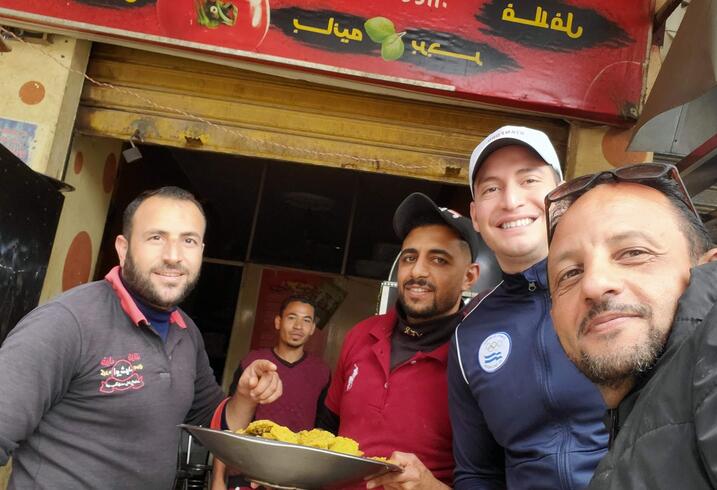
Japan and Vietnam
Omar Pimentel, Jonathan Deemer, Miku Yamada, and Mi Jin Ryu, partnered with the Lawrence Livermore National Laboratory (LLNL), traveled to Tokyo, Japan and Hanoi, Vietnam to research the implications of China’s plan to deploy floating nuclear power plants in the South China Sea.


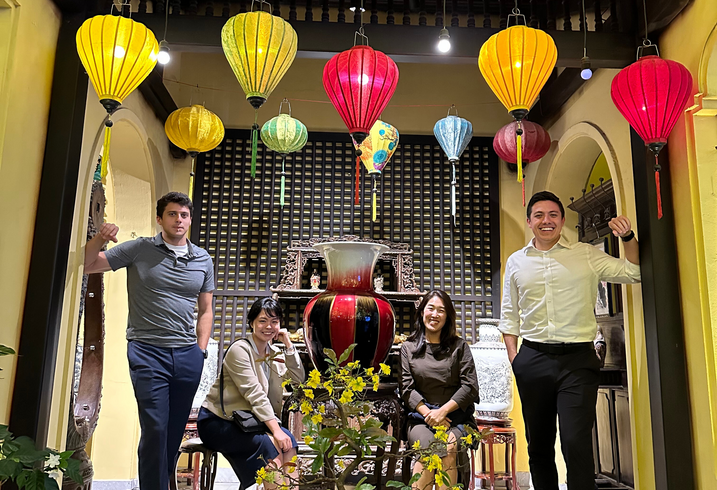


Europe
Angela Chen, Brian Slamkowski, and Francesca Bentley travelled to Europe to partner with the North Atlantic Treaty Organization (NATO)'s Innovation Unit, working together to determine strategies to promote responsible biotechnology innovation while reducing its potential for misuse.
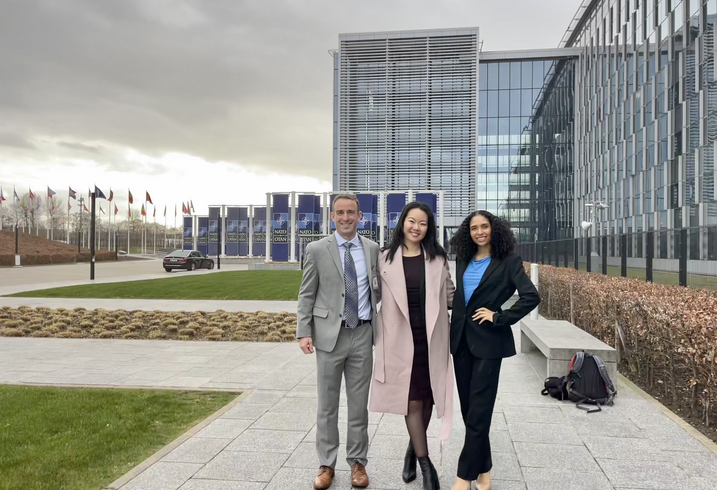
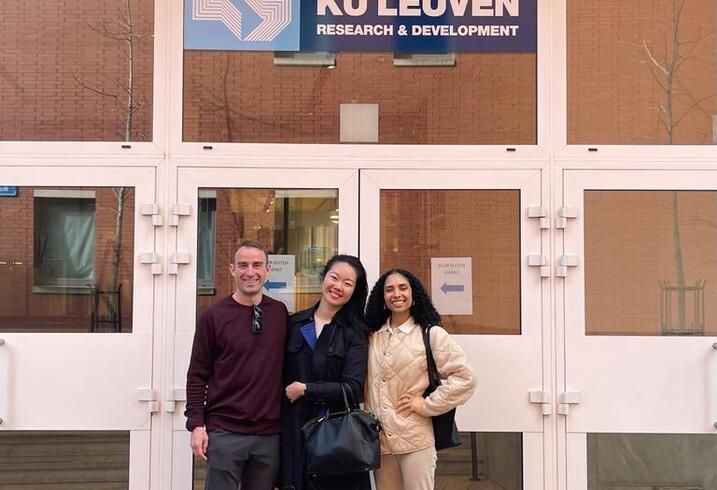
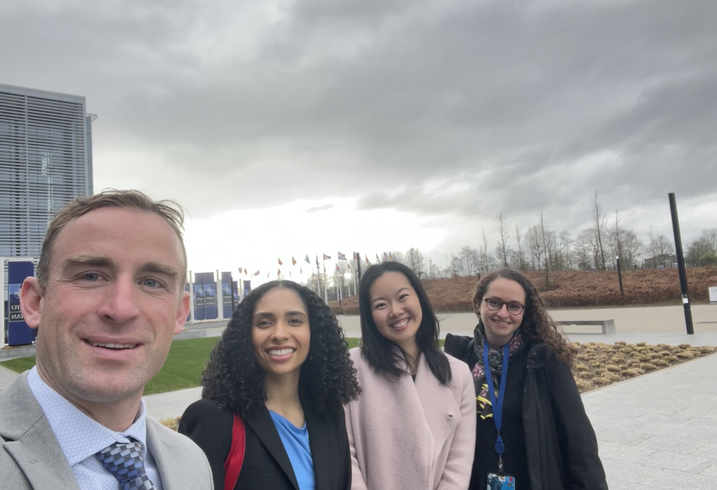
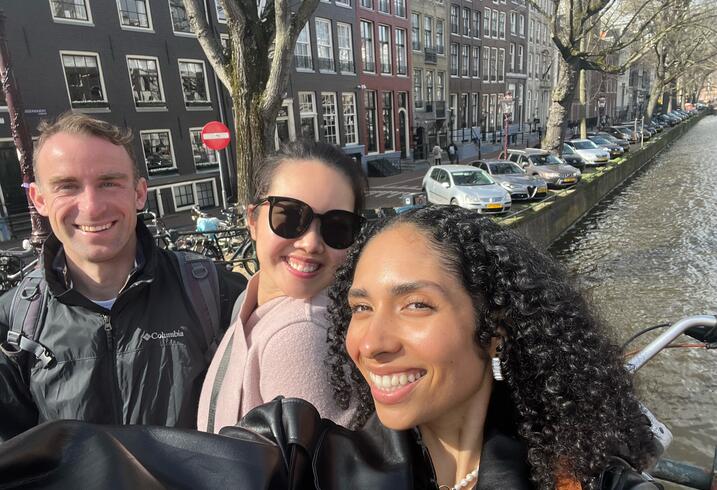

Kenya
Ben Zehr, Chubing Li, Joyce Lin and Kyle Smith traveled to Homa Bay and Isebania in Western Kenya to better understand Nuru Kenya’s efforts in supporting farmers’ cooperatives to build sustainable horticultural and dairy agribusinesses while practicing more conscientious water resource management.





Fiji
Ilari Papa, Daniel Donghun Kim, Caroline Meinhardt, and Tanvi Gupta visited Fiji to work with the Oceania Cyber Security Centre (OCSC) to identify the root causes of online misinformation in the country and brainstorm solutions to counter them.
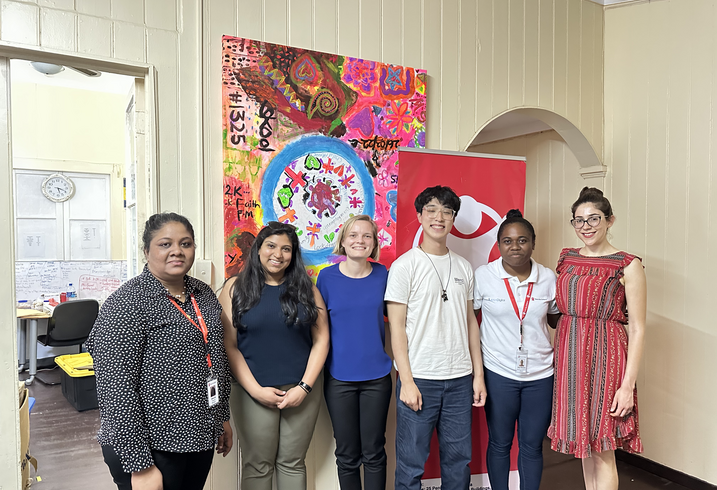


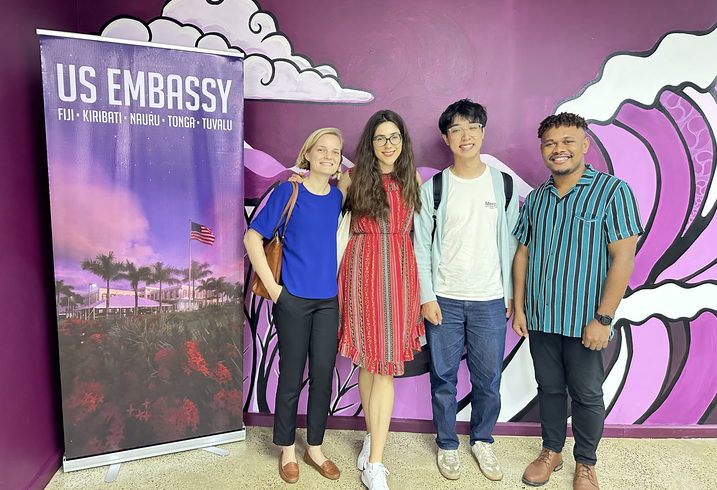

The Maldives and Switzerland
Ben Zuercher, Dulguun Batmunkh, and Suman Kumar traveled to the Maldives and Switzerland and met with local government agencies, NGOs, and private sector representatives to learn more about domestic and international challenges to financing climate change adaptation and mitigation. Anna Kumar traveled to New York and Washington, D.C. to participate in a UN conference and hear from representatives of multilateral organizations, different countries, and leading climate finance start-ups about the progress being made on the goals set out in the Paris Climate Agreement.
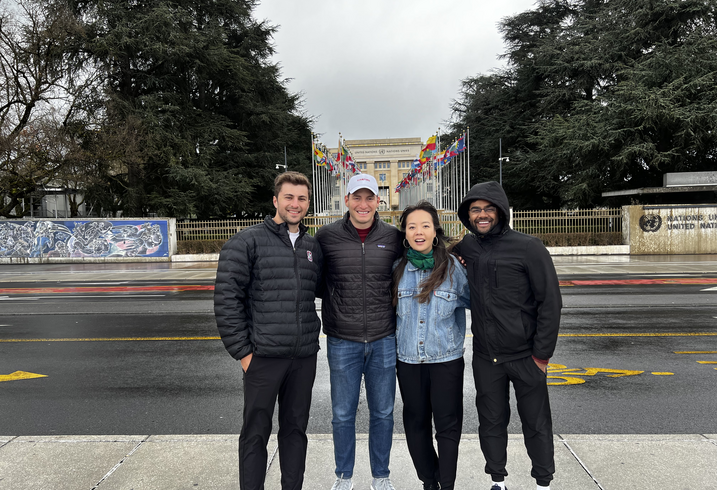

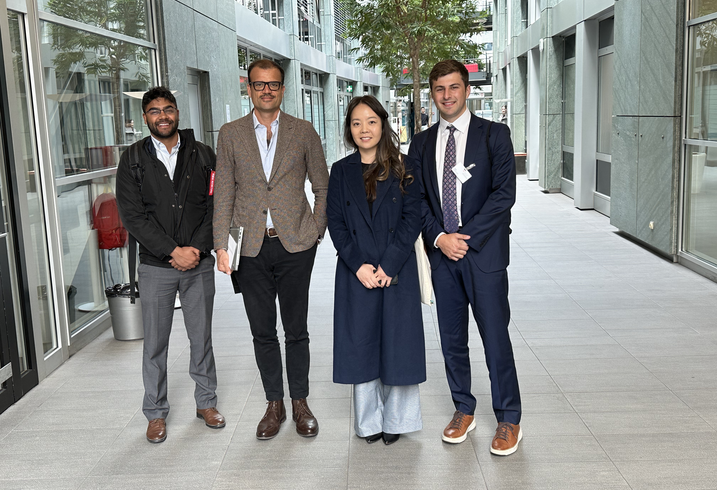


The Ford Dorsey Master's in International Policy
Want to learn more? MIP holds admission events throughout the year, including graduate fairs and webinars, where you can meet our staff and ask questions about the program.
Read More

From Egypt to England, the Maldives to Switzerland, Vietnam, Ghana, Kenya, and Fiji, the 2023 cohort of the Ford Dorsey Master's in International Policy has criss-crossed the world practicing their policymaking skills.







































 Wedekind with her cohort of training attendees in Geneva.
Wedekind with her cohort of training attendees in Geneva.
 Wedekind at one of the training sessions at the UN.
Wedekind at one of the training sessions at the UN.

